The second name on the Pope’s list of new cardinals is that of the new head of the Synod of Bishops, also an Italian, Lorenzo Baldisseri, 73. Pope Francis, moments after his election on March 13, famously removed his own cardinal’s cap and placed it on the head of then-Archbishop Baldisseri, who was acting as the Secretary of the Conclave. Vatican watchers immediately interpreted that as a sign that Baldiserri would be made a cardinal in the Pope’s first consistory, and that has turned out to be true.
Born in Pisa, Italy, in the region of Tuscany, Baldisseri served in the Vatican’s diplomatic service in Guatemala, Haiti, Paraguay, India and — for 10 years — in Brazil. So Baldiserri, who speaks Spanish and Portuguese fluently (and also English), has decades of personal experience in Latin America.
For the past two years, he has been the Secretary of the Congregation of Bishops, the body which studies the choices of bishops from around the world for the Latin-rite Church, so he knows well the process for choosing bishops, and the more recent choices as bishops.
He is also an accomplished pianist, and has played in concerts inside and outside of the Vatican.
Just a few days after the publication of Pope Francis’ Apostolic Exhortation Evangelii Gaudium, Baldisseri confirmed that he believes “a new approach needs to be taken with respect to the administration of the sacraments to remarried divorcees.” He said the issue will be on the agenda of the Synod in October: “We will discuss it without any taboos,” he said. “The Orthodox experience could be of help to us.”
Baldisseri granted an interview on the preparations for the upcoming Synod to the Vatican Insider website. As he is organizing the Synod, his views will inevitably have a considerable effect on the Synod proceedings. Here are excerpts from the interview.
In Evangelii Gaudium, Francis does not explicitly mention the issue of the administration of sacraments to remarried divorcees. However, he does write that the Eucharist “is not a prize for the perfect but a powerful medicine and nourishment for the weak.” How should these words be read?
Lorenzo Baldisseri: We should pay attention to the phrase that follows immediately after this: “These convictions have pastoral consequences that we are called to consider with prudence and boldness.” The Pope presents these two elements together. This means he wants these issues to be examined with prudence and therefore with attention to the Church’s doctrine. But he also wants them to be examined with boldness, which for me means “without fear,” taking individual circumstances into account
So could something change?
Baldisseri: The magisterium is not rigid; it accompanies the doctrine of the Catholic Church. It is subject to continuous study and applied according to each case. The Church needs to apply Church doctrine taking the circumstances of each specific case into account. This approach does not mean making general conclusions and rules for everyone. We need to consider each case separately. Then we can develop a new way of looking at the doctrine. At the end of the day, even in the case of marriage annulments, we deal with each case separately. This is what pastoral care is all about; it is not a set framework.
Would it be right to deduce, then, that the issue of the administration of the sacraments to remarried divorcees is open?
Baldisseri: The fact it has been included in the questionnaire means it is going to be looked at and the intention is to discuss the issue without any taboos, otherwise it would not have been mentioned. This seems obvious to me.
During the press conference held on the return flight from Rio, Francis recalled — though he did not take sides —the Orthodox practice of blessing second marriages in certain cases…
Baldisseri: The experience of the Orthodox Church may be helpful to us, not just in terms of synodality and collegiality, but also in the case we are talking about now. It can help illuminate the way. But now is not the time to discuss which solution is better. These are issues that will be discussed in the Synod. We have started taking a different approach to these issues in relation to the past, asking dioceses and parishes to contribute information and ideas — the basis of this new approach — and this will help us a great deal. The experiences of other Churches such as the Eastern Churches will also be helpful. As you said, the Pope himself made reference to Orthodox practice.
Is the questionnaire you sent out a survey?
Baldisseri: No, it’s not, and it is important to stress this. It’s not a survey as we understand it today, nor is it a referendum. The idea came from a desire to find out about people’s individual and collective experience, directly from them, in order to gather statistical data, reflections and thoughts. This way bishops will get a clear picture of the situation without having to refer to books or sociological studies. Our questionnaire is much more than just a sociological study. It is also an ecclesiastical and spiritual reflection and the questions are open…”
—Andrea Tornielli


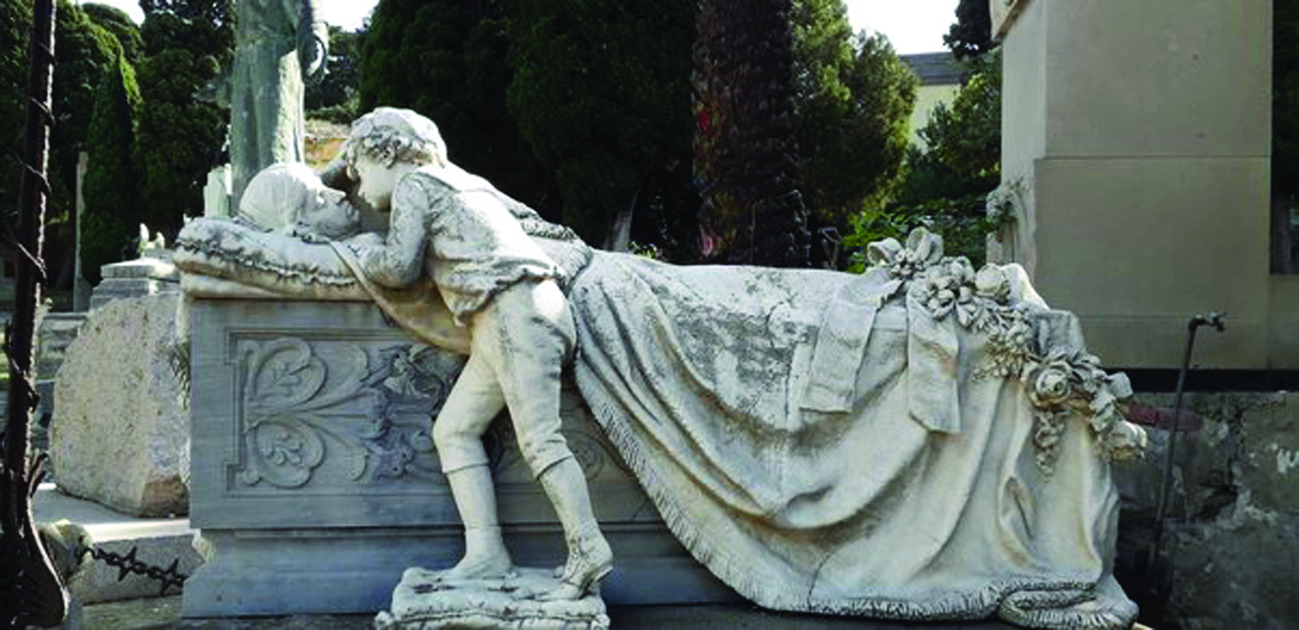
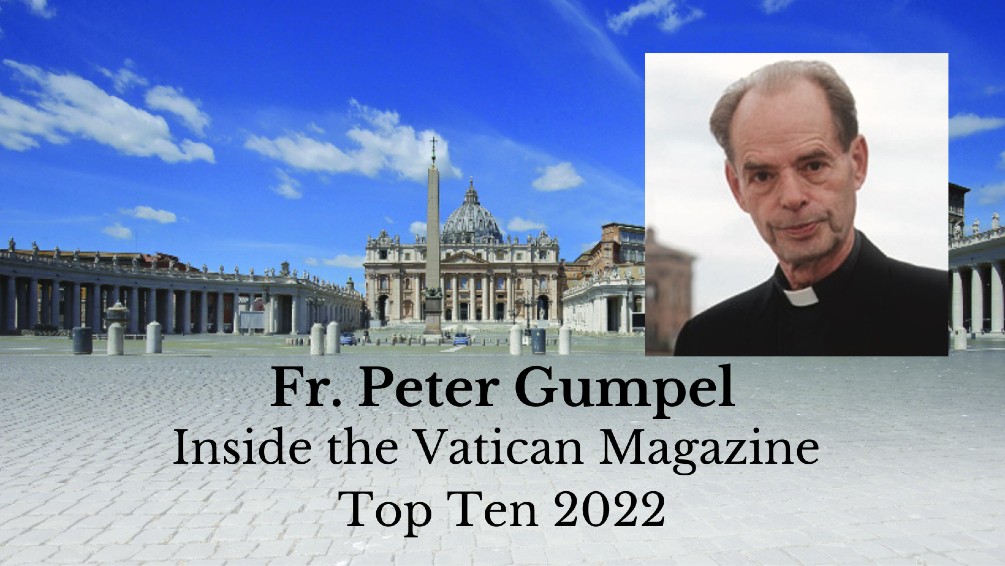
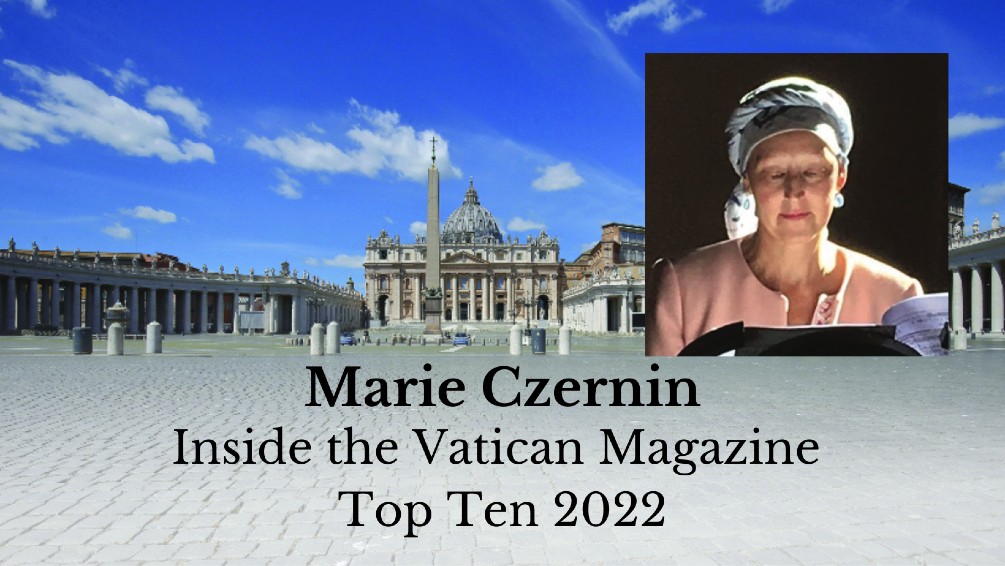
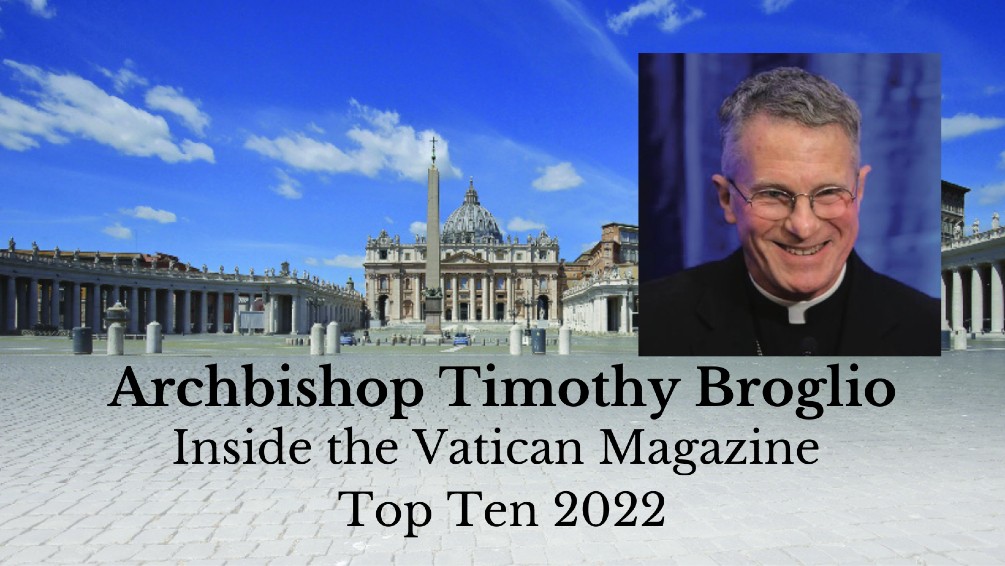
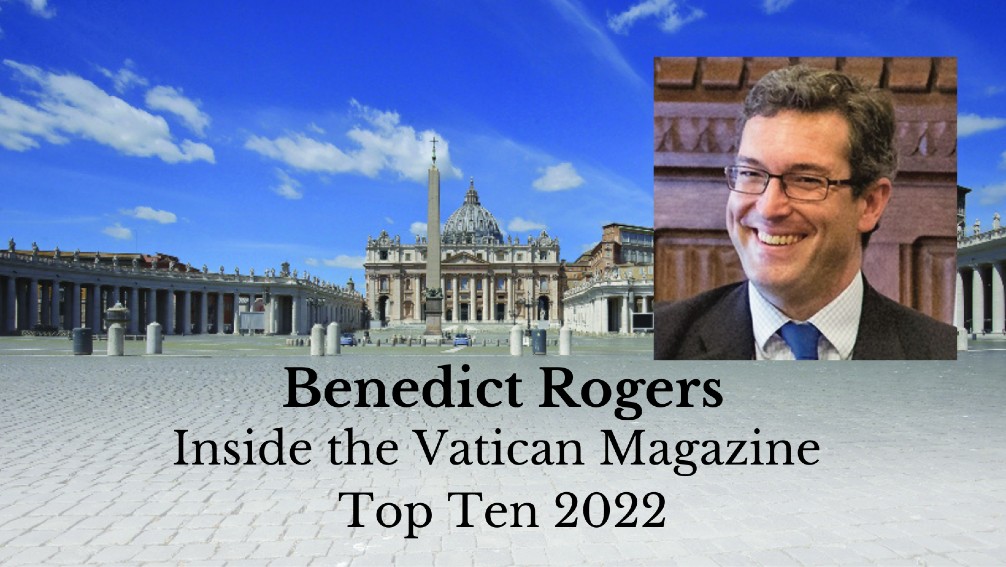
Facebook Comments